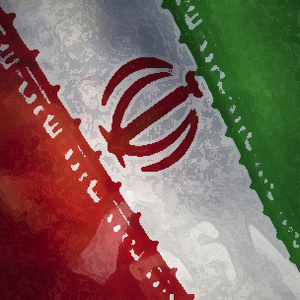The Week in Iran

In Geneva, Switzerland, Saeed Jalili and EU Foreign Minister Catherine Ashton sat at the negotiating table to discuss Iran’s contentious nuclear program after a 14-month lull. Iran had, however, made a few preemptive moves a couple of days before the negotiations, from announcing its self-sufficiency in the mass production of yellow cake, the raw material for uranium enrichment, to slamming Western powers and Israel for the assassination of two of its top nuclear scientists in Tehran the week before. The parley seems not to have been quite fruitful, as the only agreement made between Jalili and Ashton, who represented the P5+1 (five permanent members of the UN Security Council plus Germany) was over the location of the next round of talks: Istanbul, Turkey.
Did Mottaki return Hillary Clinton’s greeting? The Iranian Foreign Minister says he did so, just in order to obey Islamic tradition –which obliges one to return others’ greeting under any condition. The hide-and-seek between the US Secretary of State and her Iranian counterpart at a security conference in Manama, capital of the Persian Gulf state of Bahrain, turned into a diplomatic entertainment for the media.
Those who stood at the newsstands on Monday to get a glimpse of the day’s newspapers were perhaps surprised to see Shargh’s front page published with a large blank box. Tehran’s prosecutor Abbas Ja’fari Dowlatabadi banned newspapers from publishing any news on the previous day’s trial of Kaveh Eshtehardi, editor-in-chief of government organ Iran daily, who was summoned to court to explain his accusations against Mahdi Hashemi Rafsanjani, a prime suspect of the 2009 post-election protests. Eshtehardi adopted an aggressive approach during the trial and targeted fresh accusations against Mahdi Hashemi, attributing to him financial, political and security corruption. The prosecutor’s ban may imply that there is still a tinge of influence left for Akbar Hashemi Rafsanjani.
Ayatollah Jannati, once a dedicated supporter of the president, targeted his second attack during the last week against the Ahmadinejad’s government. Ahmad Jannati, who is deeply frustrated with Mahmoud Ahmadinejad’s support for Esfandiar Rahim Mashaei, criticized the appointment of a young, inexperienced governor for an important economic region (which he did not name, following traditional ambiguity in Iran’s political discourse), and lamented the dismissal of Hezbollahi executives.

